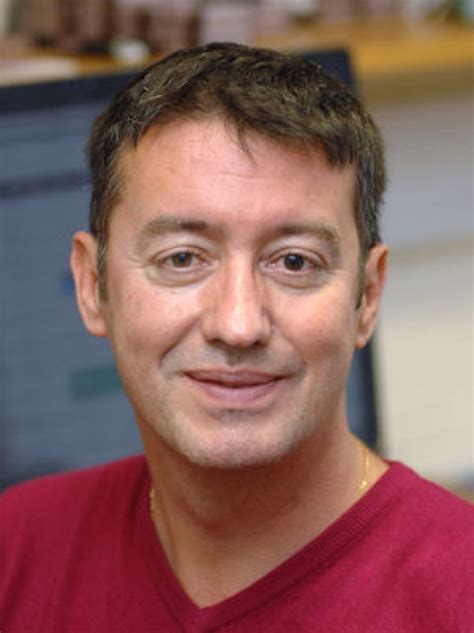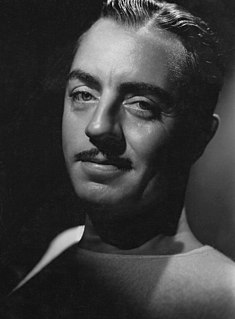A Quote by Helen Craig
When you read 'author Katharine Holabird, creator of Angelina' and you're not even mentioned, you wince.
Related Quotes
A completed book exists in its entirety, although we humans read it in a time sequence from the beginning to the end. Just as an author does not write the first chapter, and then leave the others to write themselves, So God's creativity is not to seem as uniquely confined to, or even especially invested in, the event of the Big Bang. Rather his creativity has been seen as permeating equally all space and all time: his role as Creator and Sustainer merge.
When I read a novel that I really like, I feel as if I am in direct, personal communication with the author. I feel as if the author and I are on the same wavelength mentally, that we have a lot in common with each other, and that we could have an interesting conversation, or even a friendship, if the circumstances permitted it. When the novel comes to an end, I feel a certain letdown, a loss of contact. It is natural to want to recapture that feeling by reading other works by the same author, or by corresponding with him/her directly.
When my stepmother had my sister, Katharine Hepburn dropped by to say hello. She came with George Cukor, who wasn't a star, but he was a famous director. He was also my grandmother's best friend, so I knew him well as a kid. But when George showed up with Katharine Hepburn, I was utterly star struck.
In reading we must become creators. Once the child has learned to read alone, and can pick up a book without illustrations, he must become a creator, imagining the setting of the story, visualizing the characters, seeing facial expressions, hearing the inflection of voices. The author and the reader "know" each other; they meet on the bridge of words.





































